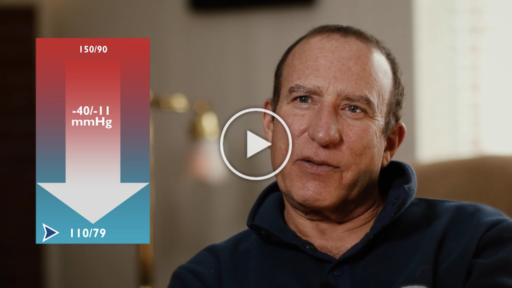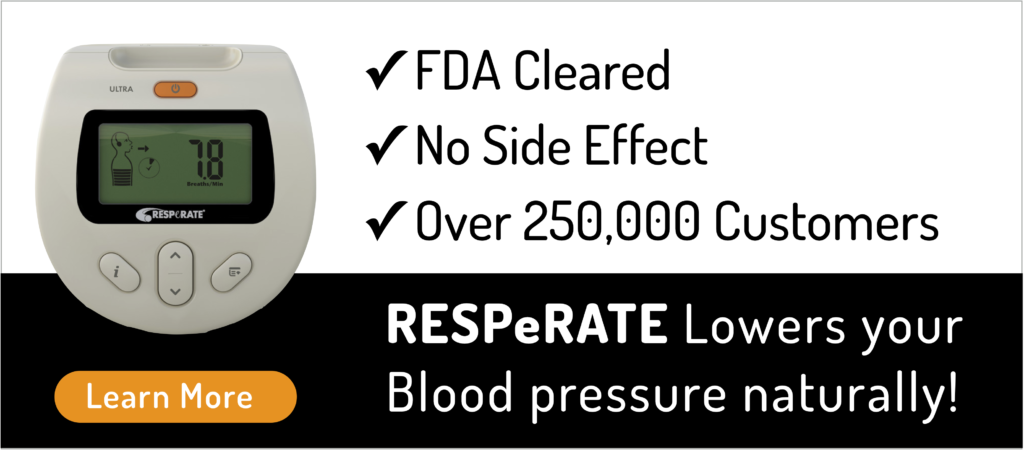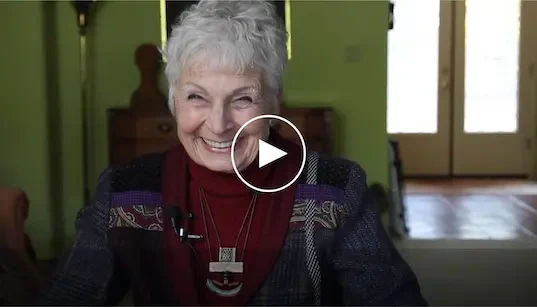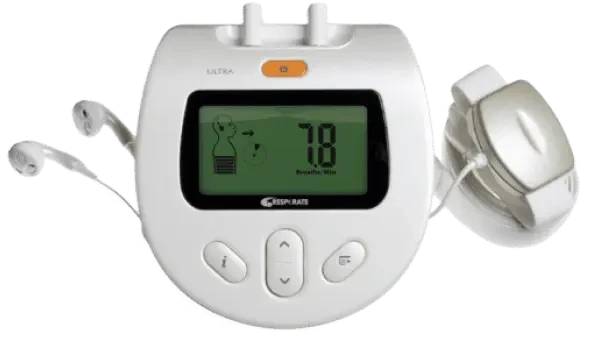Is Social Media A Problem?
People use social media for a variety of purposes. Some people only connect with friends and family. While some follow news outlets to connect with headlines and current events. People who like the connectivity it brings would sing its praises when explaining the convenience.
However, there are emerging risk factors that have come from the explosive use of social media- and they aren’t all related to cyber-bullying.
Yes, Facebook, Twitter, and Instagram can wear you out, says Dr. Patricia Bratt, a therapist, and psychoanalyst with offices in Livingston and New York City.
“Social media can run the gamut from being fabulously uplifting to being totally depressing and exhausting,” says Bratt. Dr. Bratt is also the director of trauma and resilience studies at the Livingston-based Academy of Clinical and Applied Psychoanalysis. “And this applies to all ages.”
The Pew researchers recently uncovered trends that have heretofore gone unnoticed in the world of social media.
Having a constant stream or “Newsfeed” scrolling before your eyes expose you to not just happy moments, but also terrible news, drama, and other stressors that people wouldn’t normally experience elsewhere.
News stories and people complaining about interpersonal relationships abound. The constant airing of dirty laundry and stories, especially those with video, of a shocking nature, are contributing to increases in high blood pressure, anxiety attacks, and even bowel disorders.
The researchers noted that “mirror neurons” in our brains work by mirroring back what we see around us- like a biological empathy trigger. Similarly to how we yawn when we see someone around us yawning. We are called to an emotional reaction when people “rant “or post disturbing videos- most of the time we can’t help it.
Many researchers and specialists recommend that adults should spend less than an hour a day on social media. It can be difficult when your job involves having to be on it (as with marketing or sales), but if you suffer from high blood pressure it is critical to limit time spent exposed to such triggers.
Social Media Affecting Teens Too
In a study published in the Journal of School Nursing, researchers found that teens who spent at least 14 hours a week on the Internet had elevated blood pressure. Of 134 teens described by researchers as heavy Internet users, 26 had elevated blood pressure.
This is believed to be the first study to show a link between time spent on the Internet and high blood pressure. The findings add to growing research that has shown an association between heavy Internet use and other health risks like addiction, anxiety, depression, obesity and social isolation.
Andrea Cassidy-Bushrow, Ph.D., MPH, a researcher at Henry Ford’s Department of Public Health Sciences and the study’s lead author, says the take-home message for teens and parents is moderation.
“Using the Internet is part of our daily life but it shouldn’t consume us,” she says. “In our study, teens considered heavy Internet users were on the Internet an average of 25 hours a week.
“It’s important that young people take regular breaks from their computer or smartphone, and engage in some form of physical activity. I recommend to parents they limit their children’s’ time at home on the Internet. I think two hours a day, five days a week is a good rule of thumb.”
Dr. Cassidy-Bushrow says the findings provide valuable information for school nurses for monitoring the health of students. “School nurses could conduct annual health screenings where blood pressure and Internet use behaviors could be assessed. Students with an elevated blood pressure would then have a follow-up visit to determine next steps.”
Taking A Break From Social Media
If you can’t shut off social media completely, you should limit subscriptions and “likes” of negative posts that causes sensory stress.
This study is just one more bit of proof that high blood pressure is always caused by some kind of stress. In this case, it’s sensory stress. It can also be physical (disease), mental (worrying), or emotional (unhealthy relationship); but there is always some kind of stress.
Now, we can’t always eliminate the stress factors. But you can get rid of the accumulated stress in your body and mind. That is, lower your overall stress hormone productions and therefore lower blood pressure.
You do this by giving your mind something that is called a “Focused Break.” These focused break exercises reboot your system and tell your brain not to release so much stress hormone that’s causing high blood pressure.
I find that many times I need to log out of social media and log into real life. In doing so I can connect to the people sitting around me instead of looking for someone on Facebook to chat with. Taking a break from social media also gets me out of the house more. Getting back into nature and enjoying the beauty of the real world. While other people are wasting their lives on social media, you will be reading a life-changing book, hitting the gym, being innovative, and making your dreams come true.

 Eli Ben-Yehuda
Eli Ben-Yehuda 















 Download Brochure
Download Brochure
Comments
4 Replies to “Social Media: Causes Hypertension-Anxiety And More…”
My partner and I stumbled over here different website and thought I should check things out. I like what I see so now i am following you. Look forward to looking into your web page yet again.|
Regards
Rose Martine
Hi Rose, Your welcome. Kindest Regards, Eli
This is really interesting, You’re a very skilled blogger. I have joined your feed and look forward to seeking more of your great post. Also, I’ve shared your site in my social networks.
Paul Brown
Hi Paul, Thank you. Kindest Regards, Eli, Content Manager RESPeRATE.